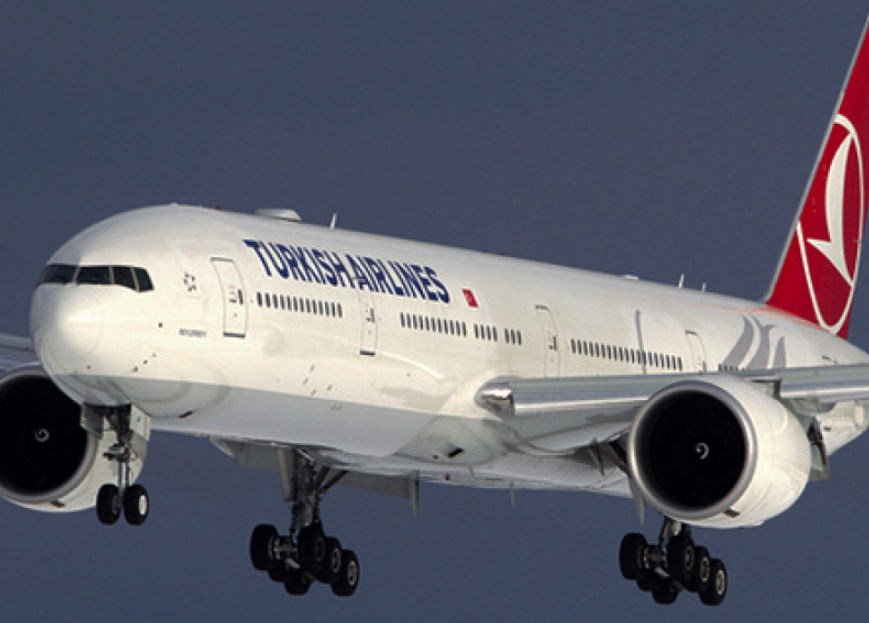Over the next four years, the economic giant is predicted to overtake France and the United Kingdom to become the world’s second-largest market for wine, behind the United States.
Wine consumption in China is expected to rise by more than a third to $23 billion in 2021, when it will reach a volume of 192 million cases, according to Vinexpo. That’s a growth rate of 30%.
Noticing this trend, Hein Koegelenberg, chairman at the South African wine producer L’Huguenot Vineyards, saw an opportunity. In 2013, together with Chinese distribution company Yangzhou Perfect China, the company created a range of wines specifically for the Chinese market. The result was Perfect Wines of South Africa and the brand now accounts for 25% of all South African wines sales in China.
Online sales potential
L’Huguenot Vineyards is 40 minutes from Cape Town, within the country’s Paarl-Franschhoek Valley. And the company’s move is indicative of efforts by South African growers to boost online exports by catering to the Chinese market.
“China are the leaders in e-commerce,” says Koegelenberg. “I think of the foreign wines sold last year, 49% was sold through the internet,” he adds.
Koegelenberg agreed to sell its 100-ton wine cellar and 25 hectares of vineyards on its Val de Vie Estate to Perfect China. As a result, L’Huguenot now exports three South African brands to China — L’Huguenot, Leopard’s Leap and La Motte.
With a history of winemaking dating to the 1600s, the company came up with a strategy of hosting wine tasting events in hotels and high-end restaurants in China. And it paid off. Koegelenberg says he currently exports 3 million bottles to China every year, up from 1.5 million in 2012.
South Africa is the eighth-largest wine producer in the world and the emphasis is on classic mid-range products that would suit the Chinese market — already the world’s largest consumer of red wine, surpassing France and Italy since 2014.
Catering to Asian cuisine
The company has had to work hard on promoting South African wine to Chinese customers. Renier Van Deventer is head winemaker at L’Huguenot and Leopard’s Leap.
He says the Chinese palate is very different to South Africa’s. According to him, the company had to come up with notes “to match China’s spicy and tangy cuisine.”
“We did a lot of research in China and bringing Chinese clients to taste wines in South Africa with us,” says Deventer. “The main feedback that we get stylistically for the wine is that they enjoy the smell of oak but then they want smooth soft fruit juices on the palate.”
China’s wine imports jumped more than 30% this year and the trend will likely continue. From January to March this year, China imported 200.57 million liters of wines worth around $792 million — a year on year growth of 32.34% in volume and 35.84% in value, according to figures by the China Association for Import and Export of Wine and Spirits (CAWS).
But L’Huguenot faces competition from France, which is the largest wine exporter by value globally and tops China’s wine imports country of origin.
“French wine, they’ve dominated (the) Chinese market for a long time, they have some big brand names in China,” says James Tan, CEO at L’Huguenot Vineyards.
Fake labels flood the market
But he says he thinks South Africa has fought hard to match French brands with some unexpected advantages.
“They are facing a lot of challenges because in China there are fake big brands and the Chinese cannot tell the difference,” says Tan. “We’re very fortunate with South African wine — we have the seal of origin, a certification that can guarantee what you see on the label is what you get.”
The South African wine industry is broadly under pressure from climate change. In recent years, production has been hit by wildfires and the worst drought in a century.
China’s high tariffs also make success in its markets an expensive venture.
“You pay a 49% tax in China when you import wine there,” says Koegelenberg.
“That’s a big challenge which is unfair to the South African wine industry because there are some countries in the world that can escape or go without import duties,” says Tan.
Despite this, South African wines are gaining ground. Around 13,000 stores now stock L’Huguenot wine, with around 1,500 salespeople hosting wine parties within China to expose consumers to its new vintages, Koegelenberg says.
“We come from a bad history where we couldn’t plant in all regions,” says Koegelenberg, referring to South Africa’s era of apartheid. “Now we are planting. So all of a sudden winemakers in South Africa are making excellent wines.”










Leave a Reply